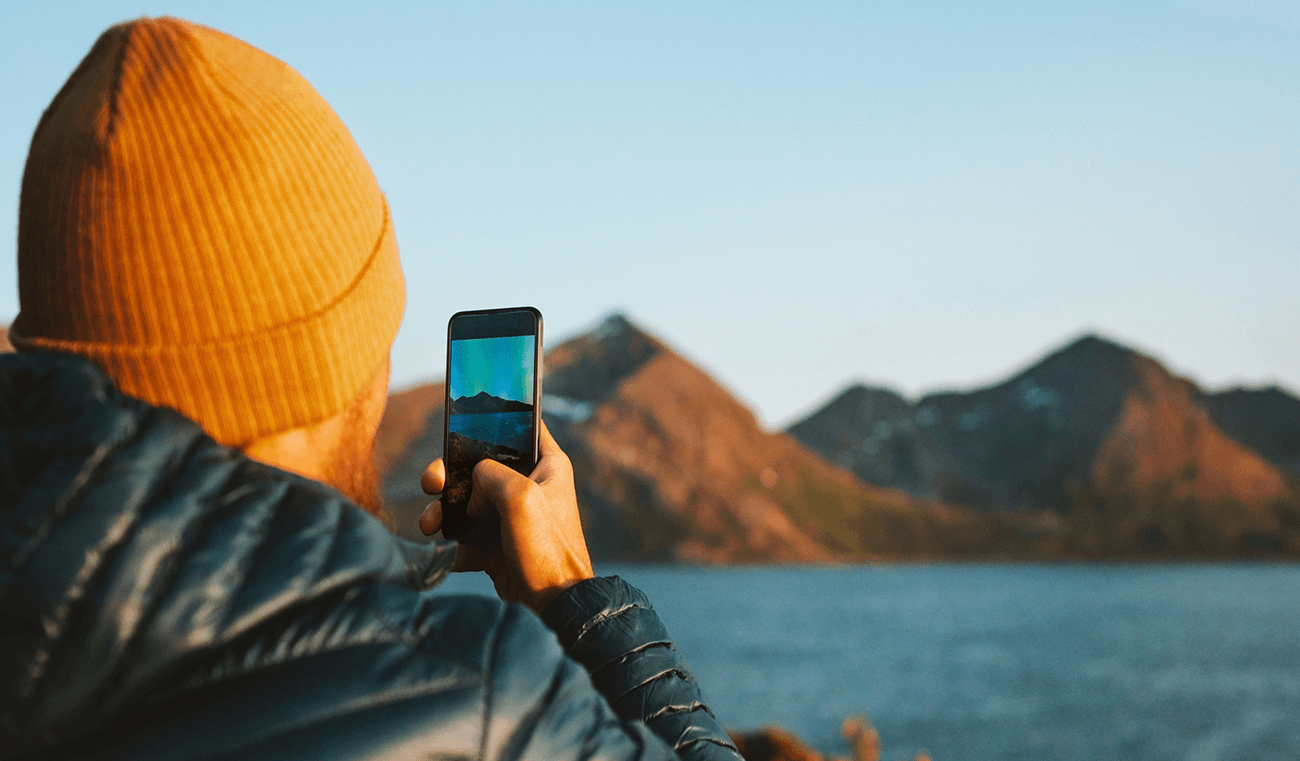
Latest trends in influencer marketing for the hospitality and travel industry
In recent years, the hospitality and travel industry has witnessed a significant rise in the use of influencer marketing. Influencers, with their large social media followings and engaged audiences, have become valuable partners for businesses looking to increase their brand exposure and attract more customers. However, as the industry evolves, new ways of collaborating with influencers have emerged. In this article, we will explore some of the latest trends in influencer marketing for the hospitality and travel industry.
Micro-influencers
While mega-influencers with millions of followers can be effective in promoting products or services, they may not be the most cost-effective option for smaller businesses. Micro-influencers, who typically have between 10,000 and 100,000 followers, have proven to be just as effective in promoting brands, with higher engagement rates and lower costs. Collaborating with micro-influencers allows businesses to target specific niches and demographics, which can lead to higher conversions and a better return on investment.
Experiential marketing
Experiential marketing is all about creating immersive experiences that engage customers and leave a lasting impression. Collaborating with influencers in this context can be extremely effective, as they have the ability to showcase the experiences in a way that resonates with their followers. For example, hotels can partner with influencers to create unique itineraries that showcase the best aspects of their property and destination, while travel companies can work with influencers to offer exclusive tours or activities.
Virtual experiences
With the rise of remote work and travel restrictions, virtual experiences have become increasingly popular. Collaborating with influencers to create virtual experiences such as virtual cooking classes, virtual wine tastings, or virtual tours of hotels or destinations can be a unique way to showcase a brand and create engagement with followers.
Interactive content
Interactive content is a new trend in influencer marketing, and can be an effective way to increase engagement with followers. Collaborating with influencers to create interactive content such as quizzes, polls, or interactive maps can be a fun and engaging way to showcase a destination or property.
Augmented reality (AR) and virtual reality (VR)
AR and VR are becoming more accessible and can be used to create immersive experiences that showcase a brand. Collaborating with influencers to create AR or VR experiences can be a unique way to promote a hotel or destination, such as creating an AR tour of a hotel or a VR experience of a destination.
Influencer-led retreats
Collaborating with influencers to create retreats or packages that are led by the influencer can be a unique way to attract followers and promote a brand. The retreats could include wellness activities, cooking classes, or adventure sports and could be designed to attract a specific niche or demographic.
Influencer marketplaces
Influencer marketplaces are platforms that connect businesses with influencers. Collaborating with influencer marketplaces can be a unique way to find and work with influencers that align with a brand’s values and target audience.
Gamification
Gamification is the use of game mechanics such as points, badges, or challenges to create engagement and motivate action. Collaborating with influencers to create gamified experiences such as scavenger hunts, escape rooms, or geocaching can be a fun and unique way to promote a brand.
In conclusion, collaborating with influencers in the hospitality and travel industry is constantly evolving, and there are many unique and creative ways to work with influencers to promote a brand. By using virtual experiences, interactive content, AR and VR, influencer-led retreats, influencer marketplaces, and gamification, businesses can create effective influencer campaigns that stand out and engage with their target audience.

